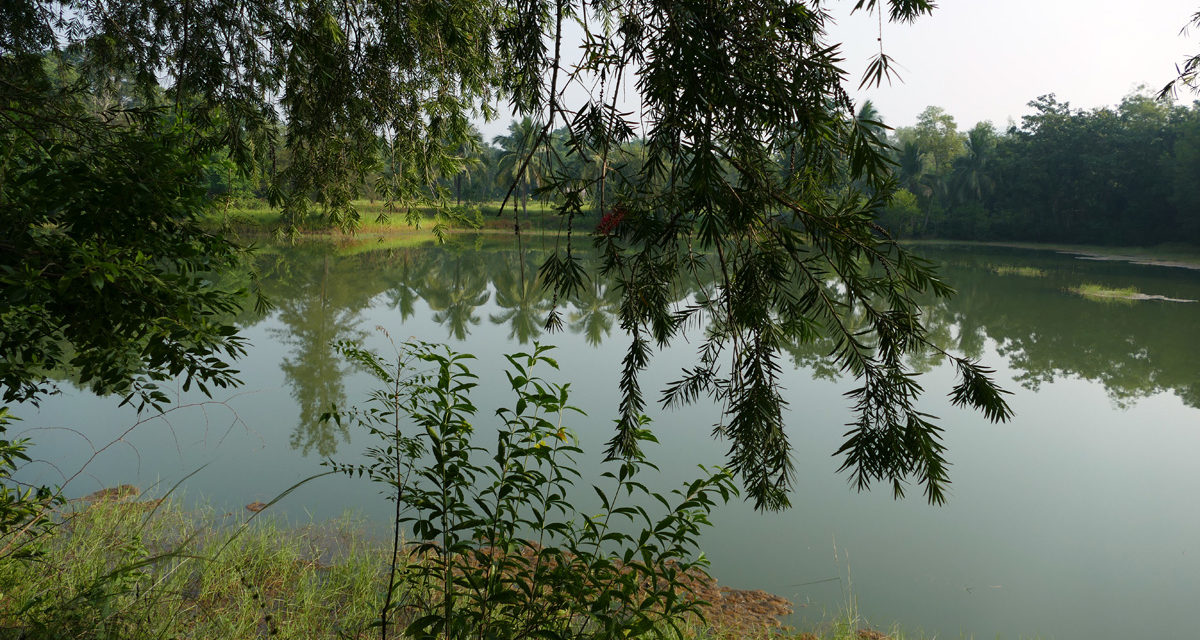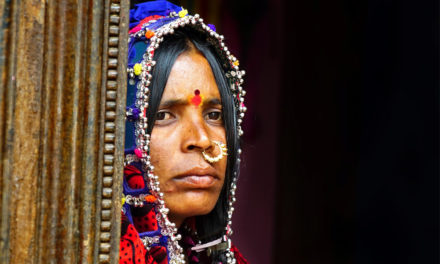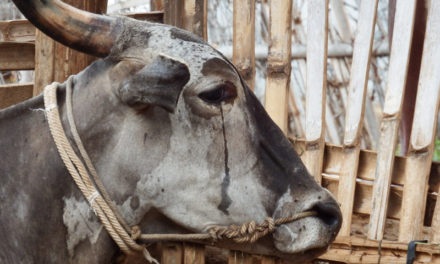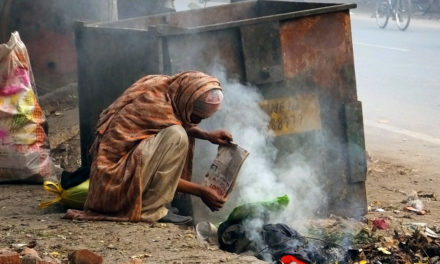Urbanizing areas in developing countries face multiple stressors, including climate induced ones. We examine the case of water stress in agriculture in Arkavathy sub-basin in Southern India, a rapidly urbanizing landscape, including a part of the megacity of Bangalore. Drawing upon a farm household survey, supplemented by long term data on climate, we show that water stress in agriculture is not driven by climate change, but by the rapid increase in groundwater irrigation, followed by dropping water tables. Groundwater use may help maintain welfare of farmers in the short run, but over extraction reduces sustainability of the resource, furthering vulnerability in the long run. We caution that the exclusive focus on climate change might distract us from paying attention to the multiple stressors that trigger changes. Further, resilience and vulnerability analysis should address the underlying normative concerns as they matter to specific problem contexts.
Thomas-et-al_2015-conference-paperEnhancing resilience or furthering vulnerability? Responses to water stress in an urbanizing basin in Southern India





